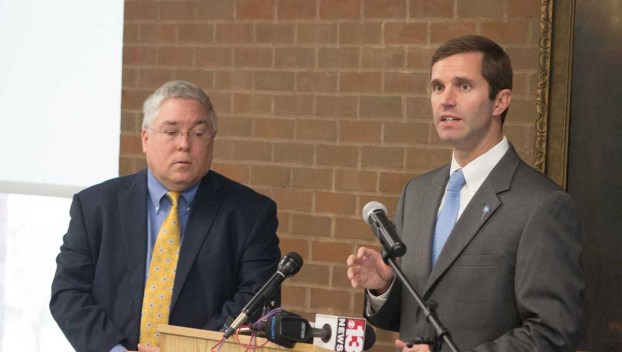
Cnhi Network
Attorneys general in Appalachia pressure, sue health insurers over opioids
HUNTINGTON, W. Va. — The nation’s advancing opioid epidemic has officials and lawmakers in the most impacted states ... Read more

HUNTINGTON, W. Va. — The nation’s advancing opioid epidemic has officials and lawmakers in the most impacted states ... Read more